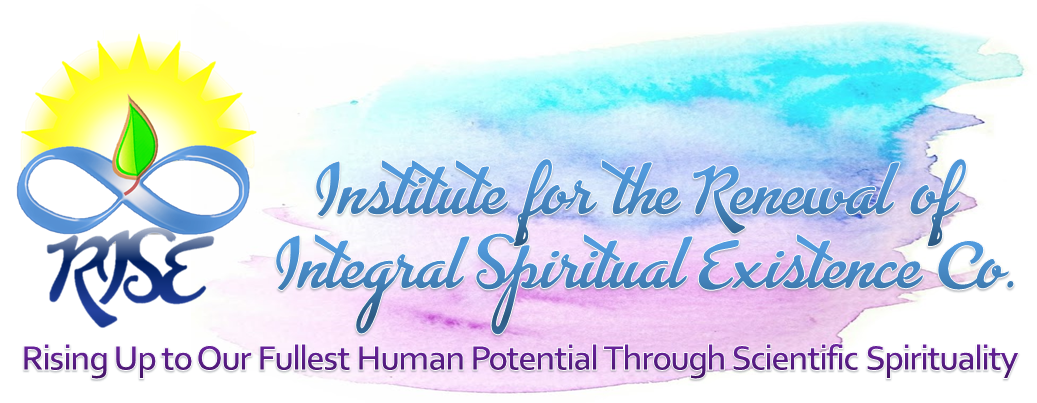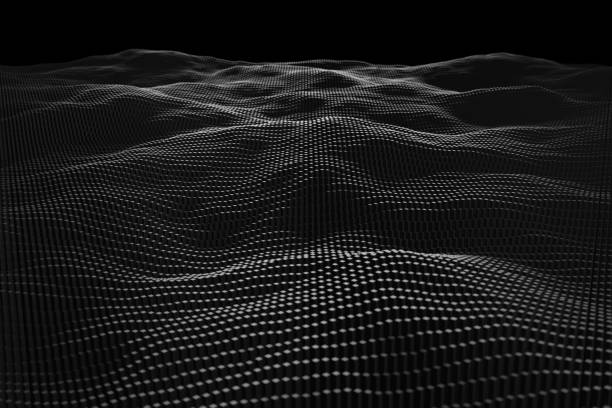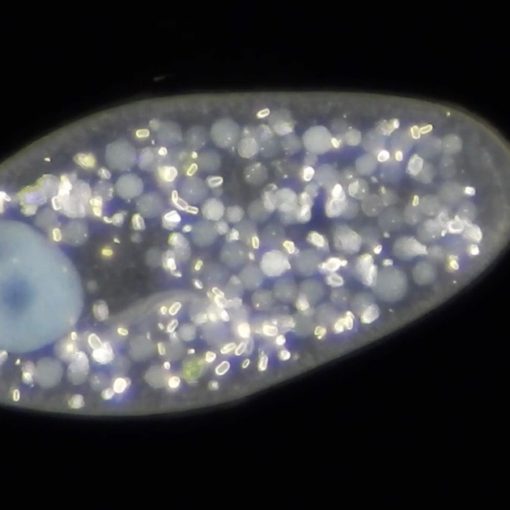The article explores the origins of the universe and the interplay between randomness and evolution, as explained by chemist Lee Cronin. It begins with the Big Bang, forming matter, stars, and planets, ultimately resulting in life. Central to this discussion is quantum physics, which reveals that the universe operates on probabilities and randomness. This randomness allows for the emergence of self-replicating objects, which can survive and evolve through natural selection. Cronin uses the coin flip analogy to illustrate how seemingly deterministic outcomes can arise from underlying randomness. He concludes that the universe’s complexity and order are products of evolutionary processes that harness random events, suggesting that understanding the universe involves recognizing the role of both “chance” and selection in shaping existence.
Editor’s Note: The article on the universe’s unfolding from randomness offers a compelling perspective that resonates with the concepts of dissipative structures and spirituality. As explained in various studies, Dissipative structures are systems that thrive on chaos and randomness, leading to self-organization and complexity. [Read more about dissipative structures, visit these articles from our sister website, Fully-Human WHO IS ILYA PRIGOGINE?, HUMAN BEINGS AS A CHAOTIC SYSTEM, THE DEEPER IMPLICATIONS OF THE CHAOS THEORY, A THEORY OF EVOLUTION BASED ON CHAOS, THE DEEP IMPLICATIONS OF THE CHAOS THEORY].
The author, Lee Cronin, suggests that the universe’s complexity arises from deterministic laws and the interplay of chance and evolution, supporting the idea that chaos can give rise to order. The connection extends to human beings, which can be seen as fractal systems—complex entities that reflect patterns of organization found in nature. Just as dissipative structures emerge from chaotic interactions, human societies evolve through cooperation and competition, constantly adapting to their environments. The article encourages us to reflect on our place in this intricate web of existence, suggesting that our lives, much like the universe, are shaped by randomness and the potential for self-organization.
But this does not explain how intelligent people could have emerged. What is it that forces order in chaos? What gives humanity the potential for self-organization? These are the more essential questions that science has found to have no answer to.
Our universe may look random, but it is not meaningless. If it was able to create such advanced creatures as we humans are, then it must be governed by something that is beyond material and chance. Ultimately, it implies a harmonious relationship between science and spirituality, where understanding the chaos of the universe can lead to deeper insights about our own lives and connections to one another [See these articles to learn more: Hugh Ross on Astrophysics, Fine Tuning and the Reality of God, Fine-tuning: Appreciating the Uniqueness of Humanity and of Life].
Read Original Article
Read Online
Click the button below if you wish to read the article on the website where it was originally published.
Read Offline
Click the button below if you wish to read the article offline


